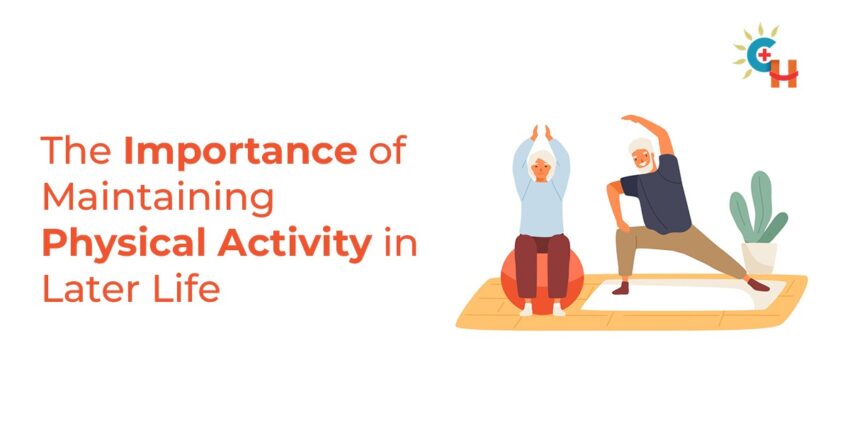Looking after our health is important through every stage in life, but it arguably matters most as we get older.
Ageing can be a tricky and surprising process for most of us, and while there’s nothing we can do to stop it, our daily routine and health habits do make a difference. And whether you’re heading towards retirement or midway through your 70s, it’s never too late to learn about bettering your health.
In this guide, we’ve outlined five of the best ways to stay healthy later in life.
Why stay healthy in later life?
There’s a huge focus on living as long as possible, but what truly matters is living a long and healthy life. In 2023 there were at least 11 million people aged over 65 in England. Around 1.6 million of those older people have unmet needs for support or care.
Preventative healthcare keeps older people feeling better for longer – and may reduce their chances of needing medications or round-the-clock care. When it comes to keeping out of trouble, many older people already have the tools they need to look after themselves – but just need to learn how to access them.
5 ways to help yourself age better
Prevent illness by staying active
Daily exercise helps you to keep your strength, flexibility, and cardiovascular health. Low-impact exercises like swimming, yoga, and gentle cycling make fantastic choices for older people. If you join a club, you could make friends with like-minded people too.
Staying active helps us to feel better about ourselves too, and that matters a lot as we get older. The NHS recommends that older adults should aim for 150 minutes of activity every week – that’s around two and a half hours. Why not head out for a lovely stroll once or twice a week?
Look after your mind
Mental health plays a critical in overall well-being. As we get older, it’s so important to learn about our own most effective strategies for reducing stress, staying mentally sharp, and combating loneliness.
Whether it’s through community activities or staying connected with family and friends, try to find ways to combat loneliness and keep endorphins flowing. If you’re feeling lonely or isolated, try to make the most of local resources like online platforms or community-based clubs.
Get your nutrients in
Sticking to a balanced diet is easier said than done, but it’s a vital commitment for health as we age. Try to follow nutrition tailored to older bodies, as this will ensure that you’re getting as many health-boosting vitamins and minerals as possible.
Low-processed foods and plenty of fruits, vegetables, and whole grains will boost your energy levels and leave your tummy feeling happier too. It’s normal to experience changes in digestion and appetite in your later years, but don’t let that hold you back from enjoying the foods you like.
Keep in touch
Spending plenty of time with people you care about will help you to feel more comfortable and less lonely. If you’re struggling to keep up with the same hobbies and routines that you’re used to, consider trying something new or speaking to a friend about it.
Planning for future needs, while you still can, is very important. Legal and financial admin might not only make things easier for you in your golden years but could help your family find peace of mind, too.
By speaking to specialist estate planning solicitors, you can discuss options like powers of attorney and advanced healthcare directives. As for your financial affairs, your legal and accounting teams may help to keep these organised too.
Don’t forget about your doctor
Finally, try to remember that your doctor is there to help you. As an older member of your community, it’s likely that you’ll be able to access early appointments and have your questions answered quickly.
Check-ups not only give you an accurate picture of your health but remind you to keep looking after it on a regular basis. Your doctor is there to listen to you and help you feel at ease, so even if you’re struggling with an existing condition, there’s no shame in booking an appointment.
NHS services are changing, so if you’re struggling with digital portals or healthcare apps, don’t hesitate to ask your local practice for some help.
